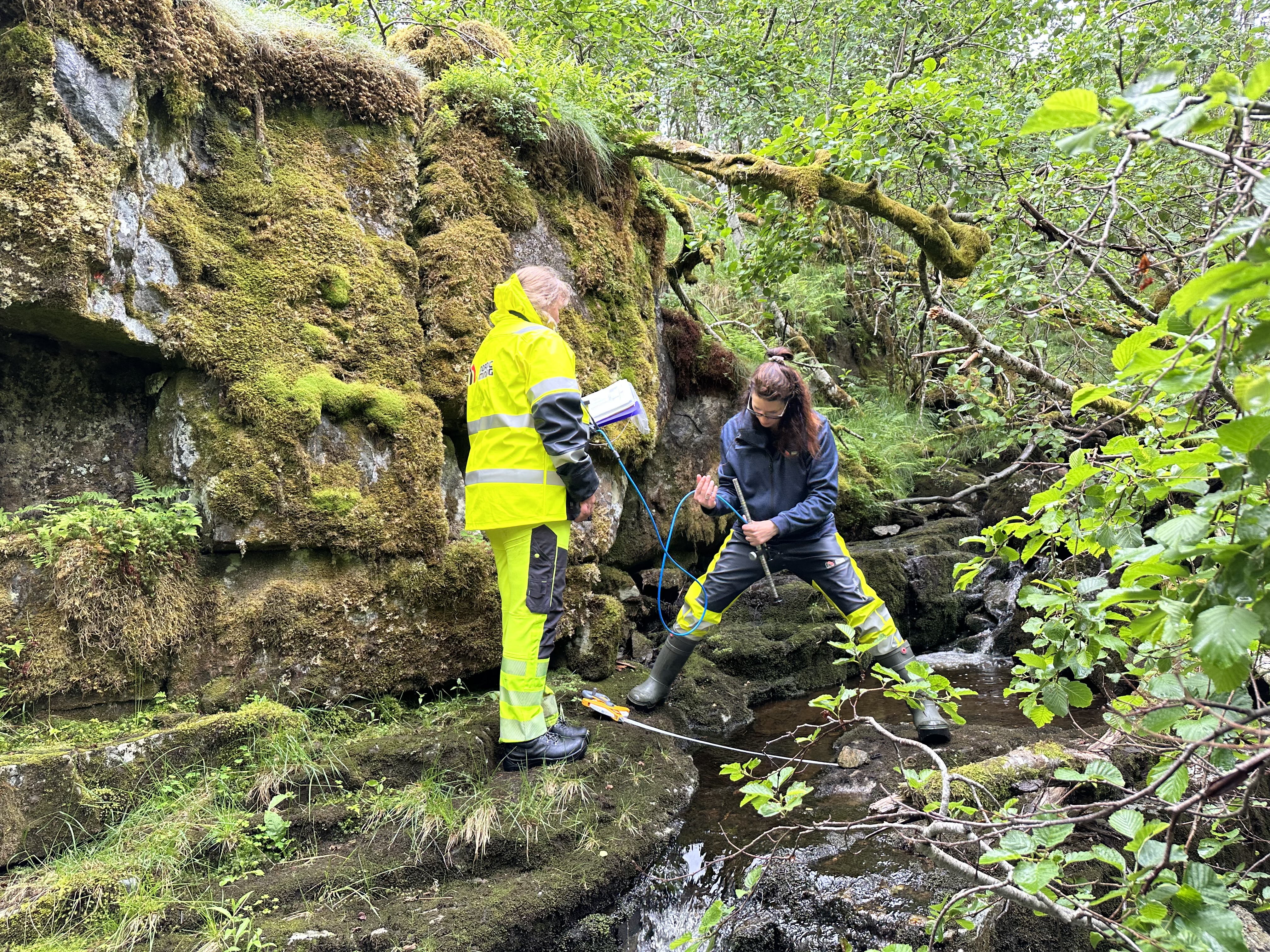Corporate responsibility in Nordic Mining
Nordic Mining endeavors to maintain a high standard of corporate governance with an emphasis on integrity, ethical guidelines and respect for people and the environment.
We take a long-term perspective and wish to be known for our responsibility and reliability in relation to employees, the authorities, business associates and other interested parties.
We strive to ensure that our activities are regarded as positive contributions to the local communities in which we operate. Our products should make a positive contribution to sustainable social development.
Nordic Mining is aware of the Company’s social role and its importance. The mineral industry, of which we are part, fulfills important social functions by satisfying society’s needs for various minerals. Minerals are used in a multitude of products, such as building and construction, metal production, environmental technology, electronics, chemical products, and much more. Nordic Mining focuses on high-end minerals and metals that are important for positive, sustainable social development. Our current and future products will thus form parts of value chains and applications with a positive contribution to the society.
Mining operations are located where the mineral deposits are. These locations are often in regions where the operations have a large importance due to their size and potential for job and value creation. We look forward to developing our role in conjunction with our employees, relevant municipalities, local/regional industry and commerce and the society as a whole.

We systematically strive to develop our projects in a positive manner with high corporate responsibility standards that form an integral part of our development. High standards will be implemented for work ethics, health and safety, community engagement and environment for all our projects.
The mining industry is particularly challenged by its waste production, as it often produces large quantities of waste during resource extraction. Nordic Mining will aim to minimize its footprints through waste reduction, mitigation, rehabilitation and alternative use of waste products.
Comprehensive Environmental and Social Management Systems will be implemented for our projects to ensure environmental and social issues are managed in accordance with our goals, international standards, permits and regulations. Advanced environmental monitoring, using state of the art technologies, will be put in place to ensure adherence and enable mitigation and to reduce environmental effects.
Our goal is to build corner stone companies that have a positive impact on people’s livelihood through education and work opportunities. The Company will actively engage with communities and project stakeholders, and build relations based on transparency, respect and responsiveness.
Transparency Act
We have undertaken to conduct our business in accordance with the UN's guiding principles for business and human rights. We respect all internationally recognized human rights, including those enshrined in the Universal Declaration of Human Rights, the UN Convention on Civil and Political Rights, the UN Convention on Economic, Social and Cultural Rights, the International Labor Organization's (ILO) Declaration on Fundamental Principles and Rights at Work and current standards within international humanitarian law.
In order to realize these goals, we depend on a collaboration with our suppliers and partners. We therefore undertake to use suppliers who follow the applicable laws and in line with our intentions. This means, among other things, maintaining a high standard of health, safety and security, as well as having an approach to human rights that is in accordance with the goals of the UN's guiding principles for business and human rights. Our suppliers and partners are obliged to contribute information about their business, and the business of subcontractors, which we can use in our mapping.
Our operations are covered by the Transparency Act and we will annually carry out due diligence assessments by mapping conditions in our value chain, including our suppliers and other business partners. By mapping the value chain, it will give us an overview of whether there is or is a risk that there may be violations of human rights or indecent working conditions. By carrying out due diligence assessments, we can stop, prevent or limit negative consequences that can be linked directly or indirectly to our business.
